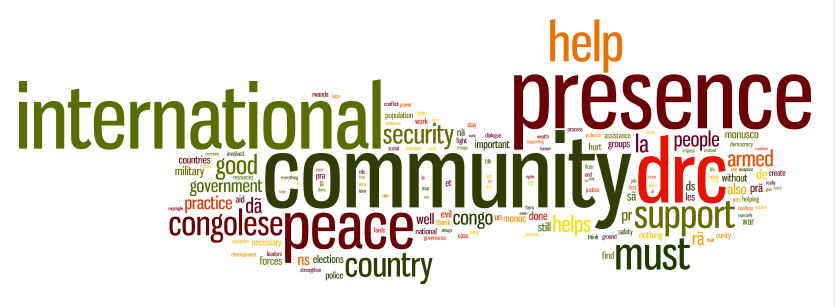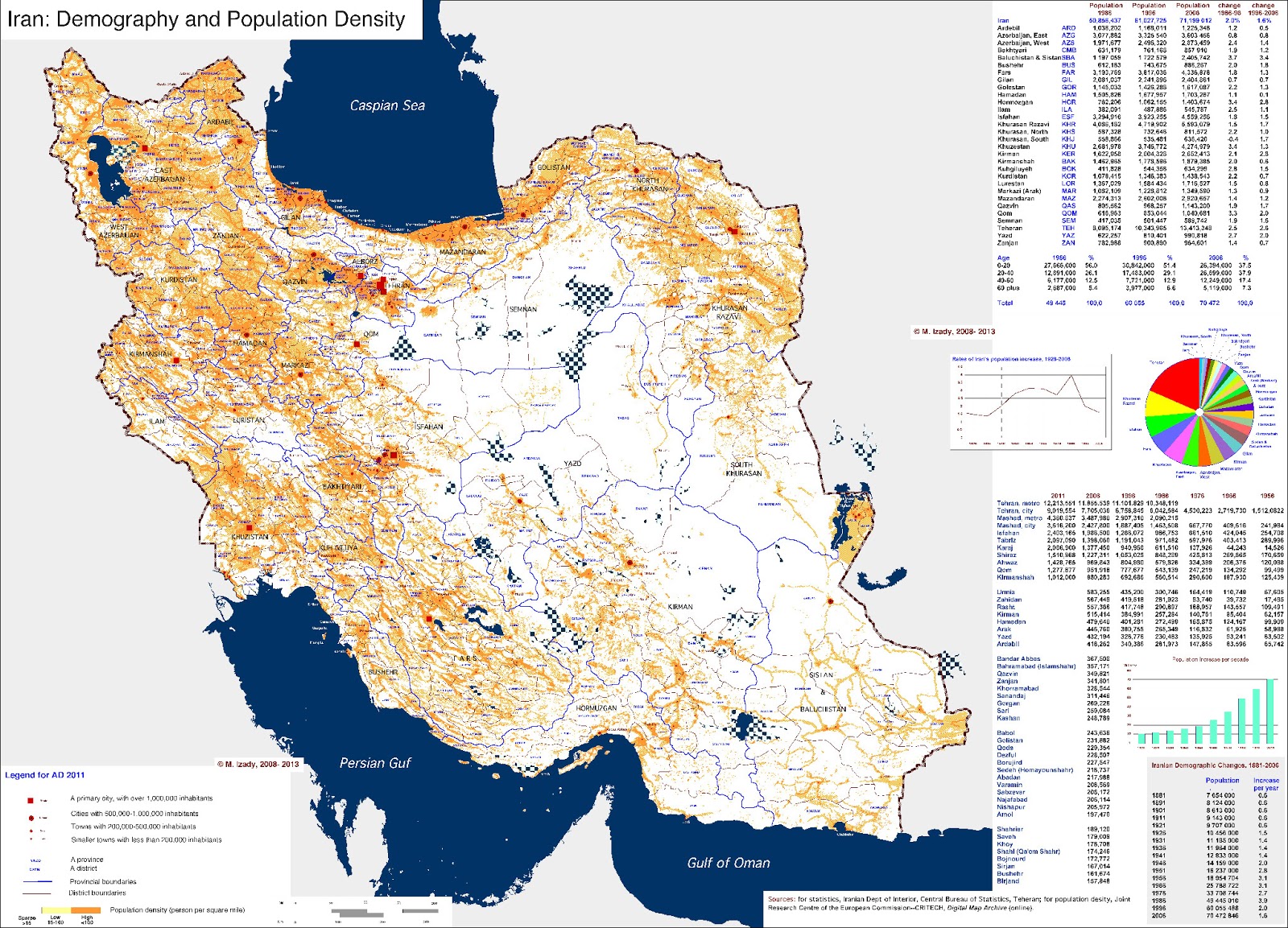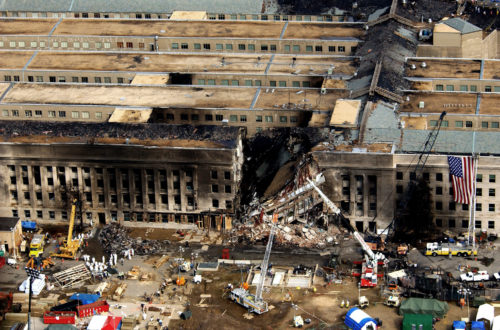The 20th century was unprecedented in the rise of international organisations (IOs), of which the main goal was to alleviate potential violent threats to the sovereignty of individual states and the international society as a whole. However, the success of these organisations remains a matter of continuous scholarly debate and draws much controversy.
To establish the level of IOs’ ability to regulate anarchy, one has to consider a number of questions that deal with the very nature of the system and our understanding thereof. This essay starts by analysing the nature of anarchy and states. Questions concerning the states’ responses to the Prisoners’ Dilemma and the issue of relative vs. absolute gains achieved by co-operations follow, in order to then finally consider issues that may impede co-operation in the international realm and thus the effectiveness of IOs. Although many could disagree, the author argues that co-operation is an inherent part of the system and, on many occasions, co-operation does indeed lead to the regulation of anarchy.
The international system differs from the national realm in terms of the extent of hierarchy present therein. In fact, as the national is the sphere of hierarchical order, so the international is ultimately ruled by anarchy with no overarching global government. It is the understanding of the intricacies of that anarchy that leads to the first divergence in theoretical interpretations of co-operation. (Grieco 1988: 497) For realists anarchy breeds competition and conflict, thus hindering their willingness to collaborate. (Waltz 1959: 224-38) Alluding to the Hobbesian understanding of life as “nasty, brutish, and short,” Waltz suggests that violence is “the first and constant” force that predisposes states to operate in a self-help rather than co-operation-focused system leaving very little space for IOs. (1959: 232)
Liberal institutionalists claim that although anarchy indeed plays a major role in the inter-state realm, other forces such as technology or even welfare-orientation of domestic interests are vital too. (Grieco 1988: 494) Constructivists, on the other hand, argue that although the anarchy is a tremendous force in the system, it can be seen more as a law of international system, rather than a norm, as the state actors come to accept it and act accordingly. Wendt famously argues that anarchy is, indeed, only that what states make of it and that states shape anarchy through their own interactions, potentially allowing the IOs to reduce the level of anarchy. (Wendt 1992)
As, the current system is largely based on state-to-state relations; and certainly this was the case at the time of the creation of the League of Nations and the UN; realists argued that only states were the major actors in the world. However, as the level of international interdepence grew and much of international affairs were shaped by supranational organisations and regimes, liberals have come to concede that although states are important, describing the world system as State-to-State only is too simplistic. IOs, NGOs, TNCs, and regional blocks (EU, NAFTA, ASEAN etc) have their own important role in reshaping the international realm.
Nonetheless, realism argues that IOs are inherently lacking independence and as such are both unable to mitigate the effects of anarchy and only marginally increase the levels of co-operation. (Morgenthau 1985: 512) Realists’ two major concerns related to co-operation deal with the inability to trust others in the system and the potential for destabilisation of the current position of that state in the system. Neoliberals, however, claim “institutions reduce verification costs, create iterativeness, and make it easier to punish cheaters.” (Axelrod & Keohane 1985: 234) They are not, however, concerned about the issue of relative gains and instead argue that co-operation through IOs fosters the maximisation of one’s absolute gains. (Axelrod 1984: 14)
This idea is closely connected to the constructivist theory of co-operation. Although states have no certainty that others will react in one way or another when faced with a Prisoners’ Dilemma, argues Wendt, they nonetheless normally have some expectation of a reaction based on prior interaction. (1992: 405) If such ‘games’ between nations are repeated enough, “‘reciprocal typifications’ will create relatively stable concepts of self and other regarding the issue,” and this will counteract the realists’ impediment to co-operation – states’ concerns about relative gains in a highly unpredictable world.
Finally, Wendt claims, “The process of creating institutions is one of internalizing new understandings of self and other, of acquiring new role identities.” (1992: 417) Building new identities through co-operation within a particular international regime, as in the case of the EU, has led to a major reconfiguration of state approaches and the perceptions of their own interests. The continent that once suffered from two major world wars now sees much of that anarchy of the early 20th century diminished.
© Matthew Machowski 2012
Bibliography:
Axelrod, R 1984, The Evolution of Cooperation, Basic Books Inc, New York.
Axelrod, R & Keohane, RO 1985, ‘Achieving Cooperation under Anarchy: Strategies and Institutions’, World Politics, vol 38, no. 1, pp. 226-254.
Gilpin, R 1986, ‘The Richness of the Tradition of Political Realism’, in R Keohane (ed.), Neo-realism and its Critics, Columbia University Press, New York.
Grieco, JM 1988, ‘Anarchy and the Limits of Cooperation: A Realist Critique of the Newest Liberal Institutionalism’, International Organization, vol 42, no. 3, pp. 485-507.
Haas, EB 1968, ‘Technocracy, Pluralism and the New Europe’, in JS Nye (ed.), International Regionalism: A Reader, Little, Brown, Boston.
Keohane, R 1984, After Hegemony: Cooperation and Discord in the World Political Economy, Princeton University Press, Princeton.
Mitrany, D 1943, A Working Peace System, Royal Institute of International Affairs, London.
Morgenthau, HJ 1985, Politics Among Nations, 6th edn, McGraw Hill, New York.
Stryker, S 1987, ‘The Vitalization of Symbolic Interactionism’, Social Psychology Quarterly, vol 50.
Waltz, KN 1959, Man, State, and War, Columbia University Press, New York.
—. 1979, Theory of International Politics, Addison-Wesley, Reading, MA.
Wendt, A 1992, ‘Anarchy is What the States Make of It: The Social Construction of Power Politics’, International Organization, vol 46, no. 2, pp. 391-425.



